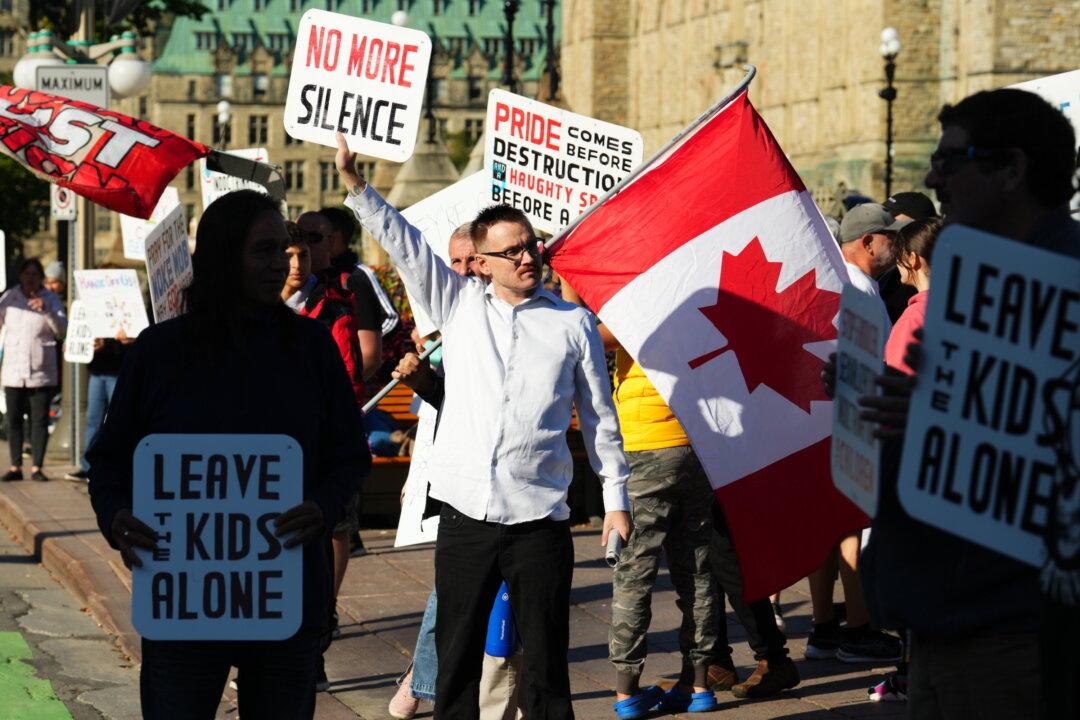Measures with the stated purpose of preventing discrimination are increasing in cities across Canada, but some say they put undue restrictions on free expression.
Waterloo, Ontario, added a section to one of its bylaws this month to ban speech on public property that makes others “feel harassed.” Calgary has a similar bylaw against causing “offence or humiliation” anywhere in public.





